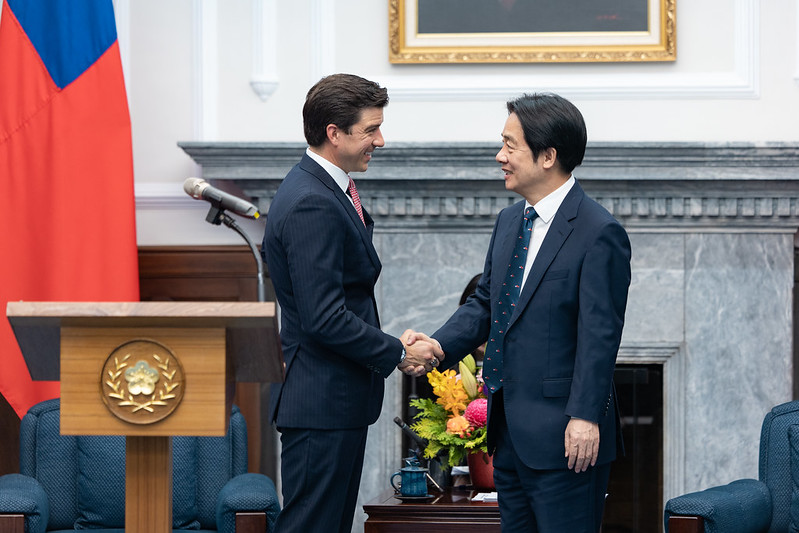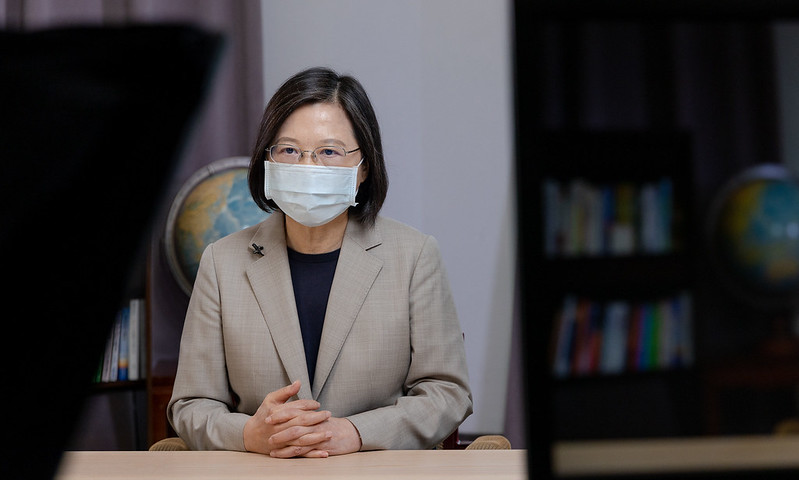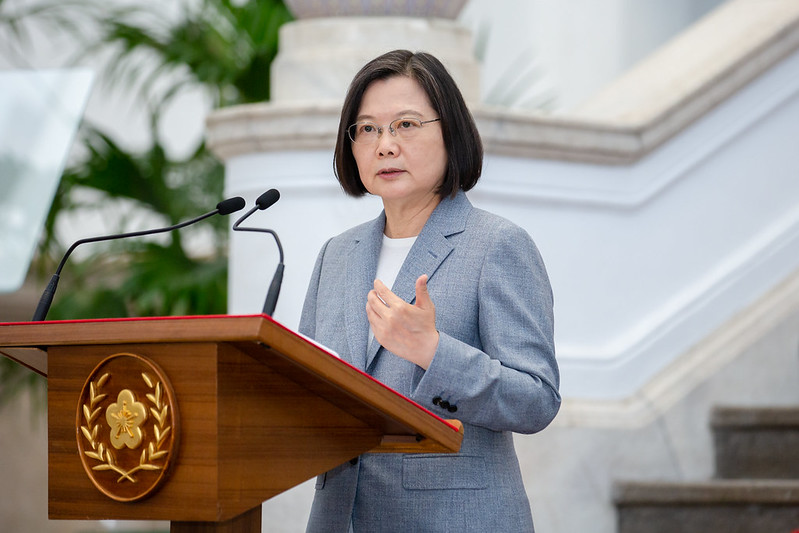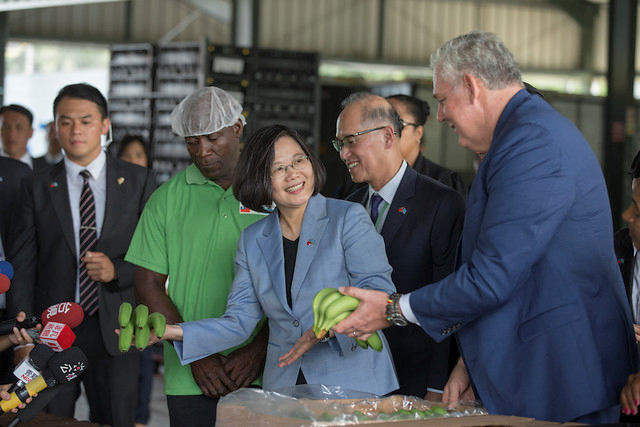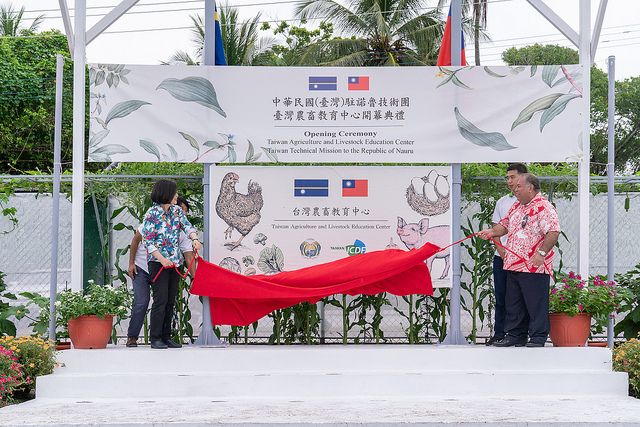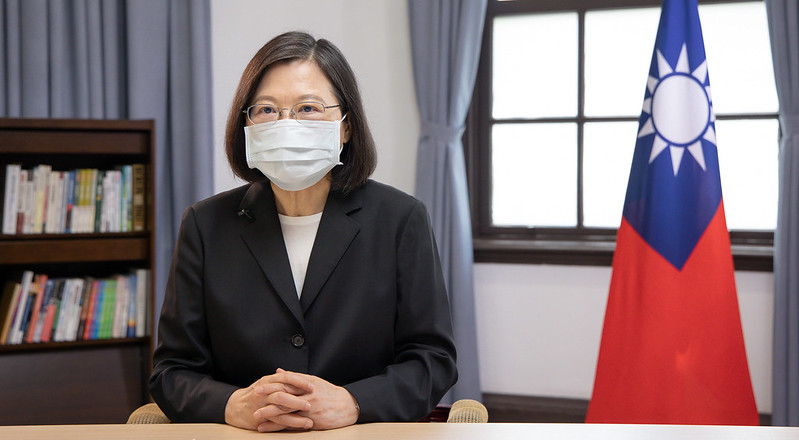News & activities
 News releases
News releases
President Tsai Ing-wen delivered remarks at the Agricultural Finance Conference via video on the morning of September 8, where she stated that the government has set up a system of four major benefits to provide more comprehensive safeguards for farmers' rights. The president said that in the future, we will continue to actively promote the internationalization of Taiwan's agricultural sector and create a national-level agricultural export team. President Tsai expressed confidence that through cooperation with Taiwanese businesspeople based around the world, we can continue to expand into new countries and markets to open up more agricultural export opportunities. The president also encouraged the agricultural and fisheries industries to adopt smart technologies and circular economy approaches, and continue to upgrade and transform the agricultural sector.
A translation of President Tsai's remarks follows:
We have implemented many important agricultural policies over the past few years, as we look to provide more comprehensive safeguards for farmers' rights and develop more sustainable agricultural industries in Taiwan.
To ensure that farmers' rights are protected, we have established a system of four major benefits, which includes expanded health insurance, occupational injury coverage, and agricultural insurance.
This also includes a farmers' pension system that was officially launched on January 1 this year. Now farmers finally have the same retirement protection as other professions.
In response to the threat of severe agricultural losses due to extreme weather, we have developed agricultural insurance. By the end of July this year, we identified 25 products and established 38 insurance policies. Now, 114,000 hectares are insured for a total of NT$26.3 billion, and these efforts will continue into the future.
More and more young people with fresh ideas are also returning to their hometowns, using their expertise and creativity to inspire new developments in agriculture.
Through loans for young people establishing agricultural businesses that provide support and extra benefits, we hope to give more people more resources to spur progress in rural areas.
Going forward, we will continue to actively promote the internationalization of Taiwan's agricultural sector, and create a national-level agricultural export team.
We also encourage venture capital investments in all types of agriculture, and will invest resources in cold chains, processing, and logistics to promote continuous improvement.
I am confident that through collaborating with Taiwanese businesspeople based around the world, we can continue to expand into new countries and new markets to open up more export opportunities for our agricultural sector.
We also hope to encourage the agriculture and fisheries industries to adopt smart technologies and circular economy approaches, and continue to upgrade and transform their operations.
All of these important issues will be covered at today's conference. I am sure that your discussions here will spur even more constructive ideas, and hope you will all continue to share your insights on agricultural finance policies. Let's all work together. Thank you.
